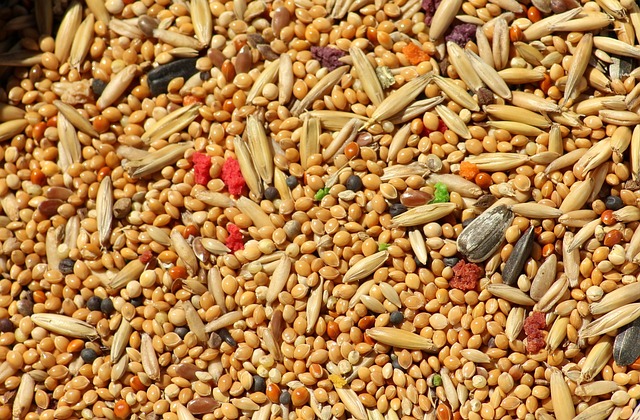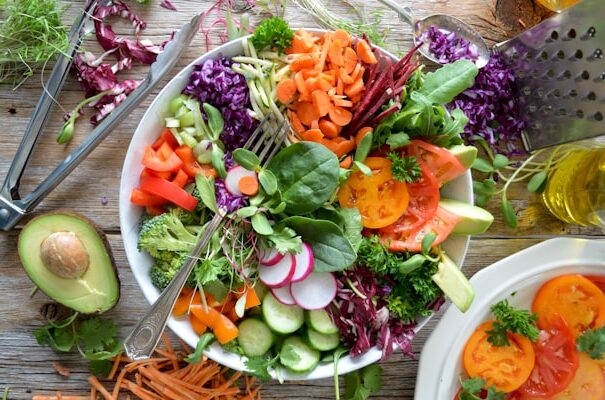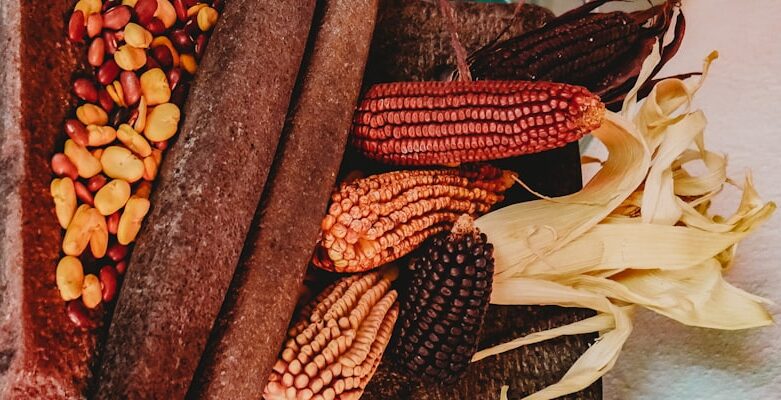It’s a common term we hear in our daily lives: “What is diet?” . This phrase frequently alludes to losing weight. The term “diet” mostly refers to the food that you eat regularly. Food is anything that we can eat. Such food may be digested by the body. Essential nutrients then get absorbed from it and provided to each organ of the human body.
Throughout history, there has been a wealth of information about how to use food for healthy growth and development. because it not only generates energy, which the body uses to power itself, but also defends the body against disease.
Food performs a number of functions in the human body. Classifications of foods like energy-giving foods (Go foods), body-building foods (Grow foods), and protective foods (Glow foods) all fall under the term diet.
In this article, we will talk about: What is diet, Importance of diet, Types of food, and Functions of food.
Importance of Diet
Nutrients are the biggest part of food and have a vital effect on growth, development, physical activity, and normal body functions. Nutrient-rich foods increase the sustainability of life. The requirement of such essential nutrients changes according to age, gender, physical activity, and mental status. A well-balanced diet is essential for maintaining good health throughout life.
Consuming less than what your body needs may end up in malnutrition, while taking more calories than the body’s necessities can cause overnutrition. So what is diet – It is a complete overview of the food pyramid. It is essential to fallow the combinations of these to get varieties of food stuff to get all essential nutrients from all food groups.
Types of food
Food is often classified according to a food group in the food pyramid as fallows:
Cereals
A good way to get carbs is through cereal. In India, cereals form a basic diet. It supplies between 65 and 80 percent of the energy in an Indian diet. Cereals are readily accessible and readily available in a variety of forms. It may also be kept in a dry environment for a very long period of time. They may be mixed with other cuisines, have a moderate taste, and are simple to cook. In this instance, cereals become an integral element of the concept of What is diet.
Pulses/Legumes
Pulses and legumes are readily accessible worldwide. They are low-GI, low-cost, high-protein, high-fiber, and satisfying foods. They are also comparatively sustainable. Legumes can even replace animal-based protein meals in a number of recipes due to their protein quantity.
Vegetables
Vegetables of many types are accessible all over the world. It is classified according to the part of the vegetable used, such as a leaf, steam, fruit, or root. Minerals, fiber, and beta-carotene are abundant in leafy vegetables such as spinach, amaranth, coriander, and drumstick leaves. Root vegetables, such as potatoes, radishes, and beets, are high in fiber, antioxidants, minerals, and carotenoids.
Milk and dairy products
Milk and dairy products are also a part of the term-What is diet. Milk is the nutrient-dense liquid produced by mammals following the birth of their child, which they use to nourish their child during the first few days of life.
Milk is high in fat, protein, vitamins like D, riboflavin, B12, pantothenic acid, thiamine, and minerals like selenium, potassium, and zinc. Cheese and yoghurt are extremely high in nutrients and offer several health advantages. We may witness cows, goats, buffalo, sheep, and camels being used to get milk.
Meat and Poultry
Meat and poultry items, such as chicken and eggs, are high in protein. Chicken may be chopped into many forms, such as breasts, wings, thighs, and drumsticks. Chicken breast composition is high in protein and low in fat, so people who are on weight loss can take it as a good choice.
Eggs are considered a “superfood.” It is rich in nutrients that are essential for living a healthy life. An entire egg provides all of the nutrients needed to transform a single cell into a young chicken. Eggs are high in vitamins D, E, K, B5, B2, B12, and minerals including selenium, zinc, phosphorus, and calcium. It also incorporates “choline,” an essential nutrient that must be obtained from consumption of food if you want to live a healthy life.
Also Check: Diet For Obesity
Fruits
Fruits are a marvelous source of vitamins, minerals, and fiber. It was also loaded with “antioxidants.” Different fruits are available for different seasons. Each fruit consists of specific testing and nutrients. Fruits are low in fat and might help you cut back on weight gain. Fruits also help to decrease cholesterol and blood pressure.
Sea food
Because many nations have good coastline locations, eating sea food has become a regional tradition. Seafood contains a lot of fat, protein, B vitamins, and minerals. It also provides omega-3 fatty acids. Fish, shellfish, crab, lobster, and octopus are all included.
Also, because we don’t eat a lot of fats and oils, they can be beneficial to our diet. As part of a healthy diet, we require it in tiny doses. So, to add vitality and flavor to a recipe, we can use butter, ghee, coconut, or olive oil.
Functions of food
As you probably already knew, one of food’s primary purposes is to supply the body with a variety of nutrients that it needs to satisfy its physiological needs. But eating is much more than just a means of obtaining nutrients. So food serves a number of purposes. Some are as follows:
Creates social gathering
Food encourages social interactions and brings individuals from many backgrounds, communities, and religions closer together. Food is important for building social relationships.

Satisfy hunger
Food offers us psychological pleasure and fills our appetite in addition to providing nutrition. Our favorite thing gives us the joy of eating. This part of the meal is psychological in nature, and it makes us feel satisfied on a psychological level.
Build immunity
Our bodies are better able to fend off infections and illnesses when we eat. It gives the body all the essential macro- and micronutrients that are needed for proper metabolism. Antibodies, sometimes referred to as gamma-globulins, are proteins that function as soldiers against disease organisms, therefore protecting humans from many infections and illnesses.
Body building
Body development is the outcome of food’s role in forming new tissues and repairing deteriorated ones. Every vitamin aids in this process. thus, concept “What is Diet”- also enriches with food, which helps with body building.
Dieting Cautions
What is diet and how can we use it to achieve maximum health? are two essential questions these days. There are several measures we must take in our daily lives.
-
- Control portion size: At each meal, careful attention to portion size is essential. Avoid eating too much in one sitting. When you feel the first wave of satiety, stop eating. It should be beneficial to use smaller plates.
- Mindful eating: Mindful eating at each bite is crucial. It improves digestion and provides early satiety. It also helps to identify emotional eating and physical hunger.
- Always stay hydrated: Water must be present for the body’s metabolic activities. It helps regulate body temperature and helps flush out water products from the body.
In a Nutshell: What is Diet
According to the What is Diet summary, it is important that you stick to the food pyramid rules. Physical work and consistent exercise are necessary for psychological as well as physical wellness.. Stay away from processed and junk foods. A well-balanced diet can help to maintain health, prevent chronic diseases, increase vigor, and improve overall quality of life. All of these factors perfectly encompass the idea of “what is a diet?”.







